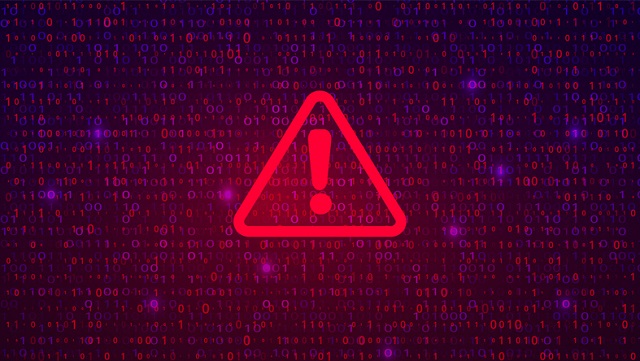Critical Jenkins Vulnerability Exploited in Ransomware Attacks: CISA Issues Urgent Warning. Here is what to know.
The Cybersecurity and Infrastructure Security Agency (CISA) has issued a warning about a critical vulnerability in Jenkins, a widely used open-source automation server. This vulnerability, tracked as CVE-2024-23897, has been actively exploited in ransomware attacks, posing significant risks to organizations worldwide.

Understanding the Vulnerability
The vulnerability stems from a weakness in the args4j command parser within Jenkins. This flaw allows unauthenticated attackers to read arbitrary files on the Jenkins controller file system via the built-in command line interface (CLI). The command parser’s feature, which replaces an “@” character followed by a file path with the file’s contents, is enabled by default in Jenkins versions 2.441 and earlier.
Exploitation and Impact
Attackers have leveraged this vulnerability to execute remote code, leading to severe consequences. For instance, the RansomEXX ransomware group exploited this flaw to infiltrate Brontoo Technology Solutions, disrupting banking services in India. The attack highlighted the potential for widespread disruption, especially in critical sectors.
CISA’s Response
In response to these threats, CISA added the Jenkins vulnerability to its Known Exploited Vulnerabilities catalog. Federal agencies are now required to secure their Jenkins servers by September 9, 2024, as mandated by the binding operational directive (BOD 22-01). Although this directive primarily targets federal agencies, CISA strongly recommends that all organizations prioritize fixing this flaw to prevent potential ransomware attacks.
Mitigation Measures
To mitigate the risks associated with this vulnerability, Jenkins developers released security updates on January 24, 2024. These updates disable the problematic command parser feature by default. Organizations using Jenkins should apply these updates immediately to protect their systems. Additionally, monitoring tools like Shadowserver have identified thousands of Jenkins instances still exposed to this vulnerability, underscoring the need for prompt action.
Conclusion
The critical Jenkins vulnerability represents a significant threat to organizations globally. By exploiting this flaw, attackers can gain unauthorized access to sensitive data and execute malicious code. CISA’s warning serves as a crucial reminder for organizations to stay vigilant and ensure their systems are up-to-date with the latest security patches. Taking proactive measures now can help prevent devastating ransomware attacks in the future.
You think you have a story worth everyone’s time? SUBMIT A STORY and we will publish it
Share this content:



Post Comment